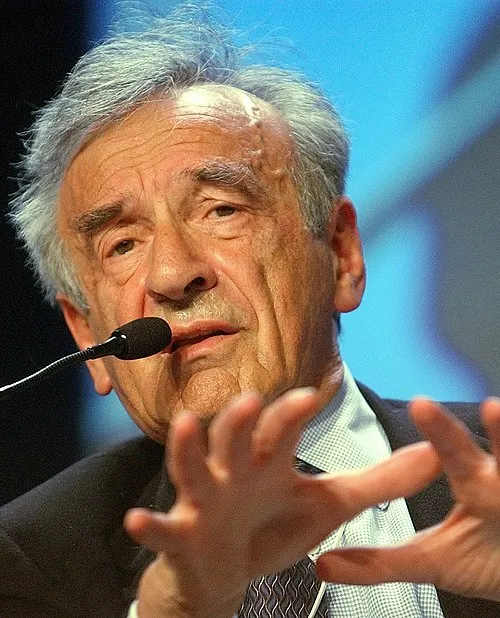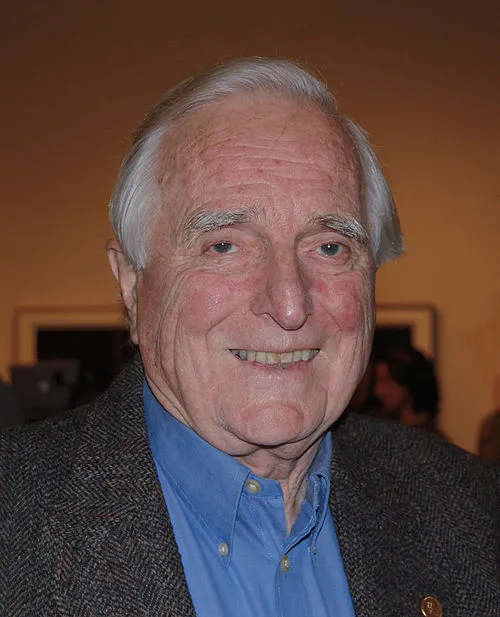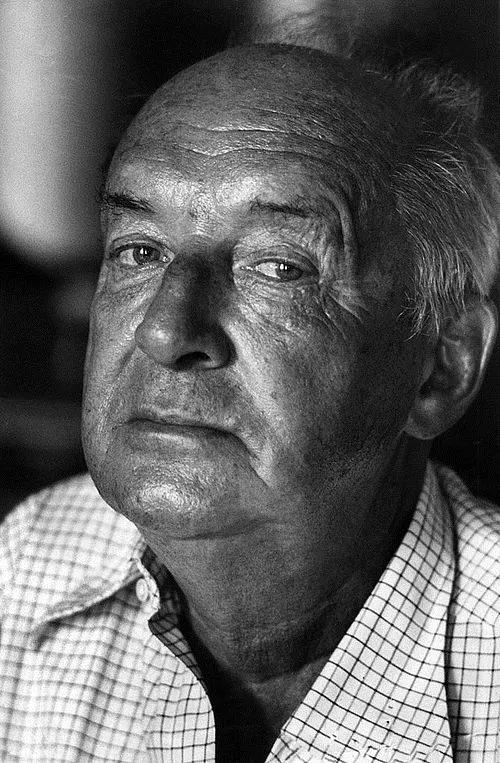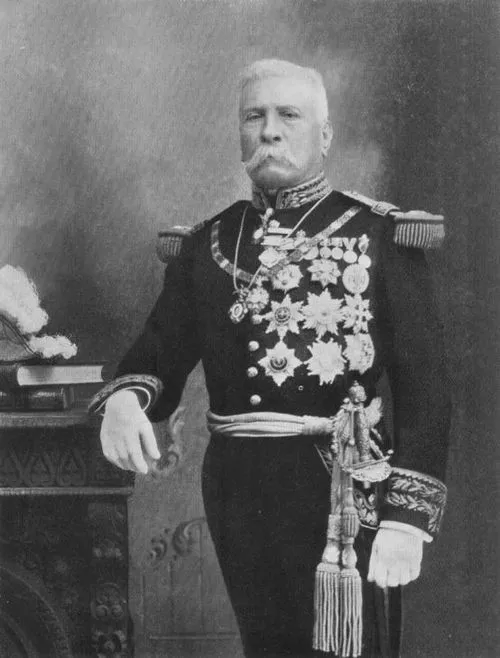
Name: Elie Wiesel
Birth Year: 1928
Known For: Holocaust survivor, activist, and author
Notable Work: Night
Awards: Nobel Peace Prize (1986)
Death Year: 2016
Elie Wiesel is more than just a name in the annals of history; he is a monument to resilience and an everlasting voice against the horrors of humanity. Born on September 30, 1928, in Sighet, a small town in Transylvania, which was then part of Romania, Wiesel would become one of the most profound Holocaust survivors and advocates for human rights of the 20th century. His early life was marked by the optimistic Jewish culture prevalent in his hometown, which would soon be shattered by the wave of Nazi terror during World War II.
Wiesel and his family were deported to Auschwitz in 1944, where his mother and younger sister were murdered. He and his father were later transported to Buchenwald, a harrowing experience that drastically transformed Wiesel's perspective on life. His father died shortly before the camp was liberated in 1945, leaving Wiesel as one of the few survivors of his family. This traumatic period became the basis for his literary works, particularly his seminal book, 'Night,' published in 1956. 'Night' is a poignant memoir that captures the horrors of the concentration camps and serves as an eyewitness account of the Holocaust, resonating deeply with readers worldwide.
Throughout his life, Wiesel advocated tirelessly for justice, activism, and human rights. He wrote more than 40 books, including novels, essays, and plays, employing both fiction and non-fiction to convey his messages about humanity, suffering, and the importance of memory. In 1986, Wiesel was awarded the Nobel Peace Prize, which recognized his efforts to fight indifference, intolerance, and injustice. His acceptance speech emphasized the need for remembering the victims of oppression and serving as a voice for the voiceless.
Elie Wiesel's advocacy extended beyond the Holocaust; he was a committed activist on behalf of various humanitarian issues, including advocating for oppressed groups in Sudan, the former Yugoslavia, and Rwanda. He understood that the fight against genocide and injustice is an ongoing struggle. By sharing his own story, he inspired countless individuals to engage in action and fight against societal wrongs.
Wiesel lived most of his later life in the United States, becoming a professor at Boston University, where he taught the humanities. His work influenced many young people and scholars interested in literature, history, and ethics. Wiesel himself articulated, 'The opposite of love is not hate, it’s indifference.' This statement encapsulates his lifelong mission to ensure the world does not forget the agonies endured by victims of war and persecution.
Elie Wiesel passed away on July 2, 2016, in New York City, leaving behind a legacy that transcends generations. His contributions to literature and human rights advocacy continue to inspire and educate. His life serves as a continual reminder of the responsibility we all hold in standing against hatred and injustice. Wiesel's legacy is enshrined in numerous memorials and institutions, ensuring his message remains alive one of empathy, action, and resilience against the darkest challenges of humanity.













